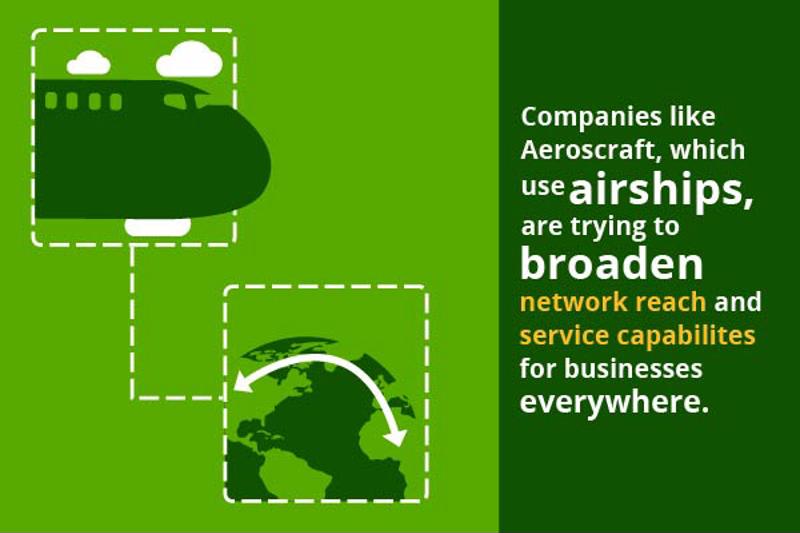One of the most important aspects of a thriving supply chain is sustainability. Global industries are beginning to focus more on fostering efficiency within their processes and making sure their practices are as sustainable as possible, leading to a worldwide effort to promote sustainable, transparent supply chains.
 Some companies are trying to bridge the sustainability gap.
Some companies are trying to bridge the sustainability gap.
Sustainability, as it were, is no longer a concern just for large companies. A late 2015 study conducted by Supply Chain Management Review of the magazine’s readers found that supply chain operators at any level are jumping aboard the “green” bandwagon, as well – 70 percent of respondents said that sustainability initiatives were very or extremely important within their organizations. In addition, 32 percent of them said they were feeling pressure from customers to maintain sustainable practices.
This is a clear indication that consumers are starting to care more about where their products are from and how they travel, which means that companies need to be – and are – focusing on these aspects as well. What’s more, a sustainable, circular economy is intimately connected with logistics. According to a survey conducted by Greenbiz Group for UPS, 87 percent of sustainability executives noted that logistics is a “very important factor in transitioning to a sustainable circular strategy.”
Companies need to refocus on sustainable practices
Recent political dealings have brought supply chain sustainability into the limelight once again. According to Supply Chain Management Review, the Paris Climate Treaty, signed on Earth Day, April 22, 2016, will pave the way for businesses to think about how their operations impact the environment on a global scale. Companies like Aeroscraft, which is attempting to use airships to transform the global supply chain, are trying to broaden network reach and service capabilities for businesses everywhere, all while boasting a higher level of fuel efficiency and thus decreasing carbon emissions.
“A sustainable, circular economy is intimately connected with logistics.”
As sustainability continues to be a crucial topic for the future of supply chain and logistics management, operators need to have the right tools at their disposal to make sure their businesses are putting their best foot forward when it comes to the environment.
Solutions in the Logistics Management portfolio from Inspirage can serve to support sustainability throughout the supply chain. These products leverage Oracle Transportation Management and Oracle Global Trade Management in order to help supply chain operators make sure their processes aren’t unnecessarily wasteful and comply with evolving global regulations.
Contact Inspirage today for more information about our logistics solutions that support sustainable practices.